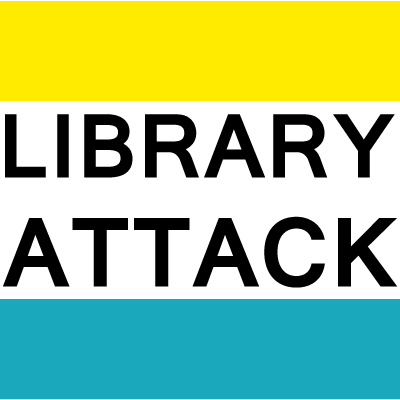It’s been less than a week since I got back from Internet Librarian, or #intlib10, and all I can think about is the collective failure of libraries and librarians, and our collective failure to admit, accept, and discuss such failures. I think that’s part of the reason I’ve been so stuck on it this week – you could tell it cathartic for people to share what didn’t for them, to admit that they didn’t knock it out of the park, that they failed and that nobody got hurt and the world didn’t end. Bobbi Newman and Sarah Houghton-Jan both blogged about some of the FAIL sessions they attending from the “Innovation, Risk, and Failure” track. (Big props to ITI and the IL2010 organizers to have a track like this. I hope it continues.)
FAILCamp was the one session I was able to make, and it was great. Amy Buckland was a great moderator and kept the conversation going. Here is Colleen Harris’ run down. Part of the reason I took more away from fail camp than anything else at IL2010, except maybe LibCamp, was that there was real participation. I think there is a fear, and not totally baseless, that these sorts of sessions can devolve into gripe sessions, but that didn’t happen. It was instead a productive support group.
To continue the #failshare well past the conference, I set up Failbrary.org, a collaborative blog where people can post failures and discuss them. (Thanks Bald Geek for the awesome name!)
So make take-away, other than a love of embracing and overcoming failure, is how much I love participation from the group and that I’d rather discuss a topic with a room of people than have the sage on the stage impart wisdom at me. I’m not saying there’s no value to that model, but I also think we’ve had more than enough of that over the years. The internet has helped democratize information, why not conferences? I suppose the Twitter back channel has helped, but I would like to see more unconferences and camps to compliment the more traditional presentations. One benefit, other than learning from a number of different perspectives, is that I think it really helps enable people to speak up and see the value they add to the community. We are all experts in something, even if we haven’t been published or presented at a conference, so let’s share it all! I suppose that’s one of the reason I like the LibPunk ethic so much. DIY or die. Do it for the community.
So in short… go post to Failbrary.


Leave a Reply